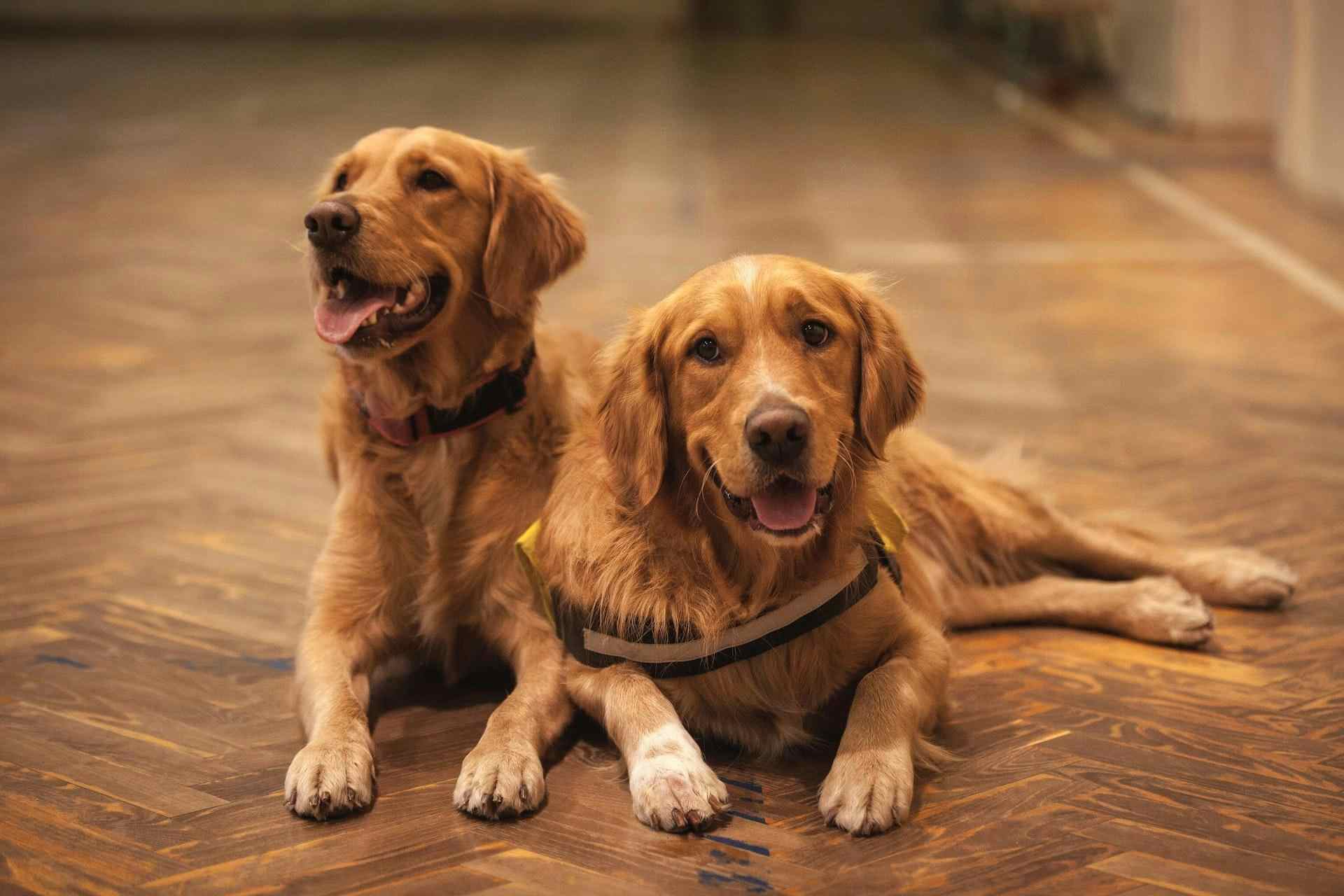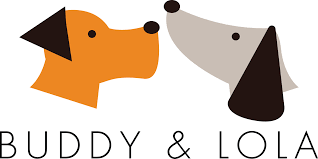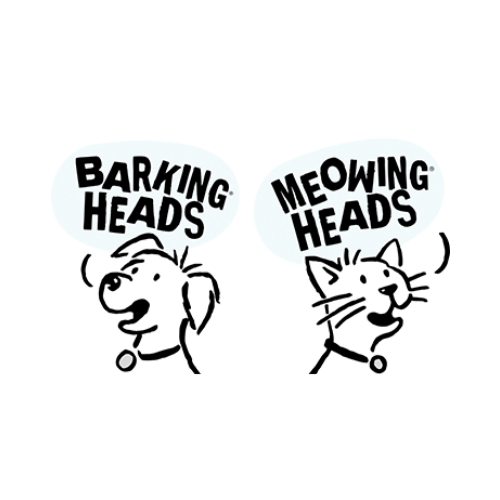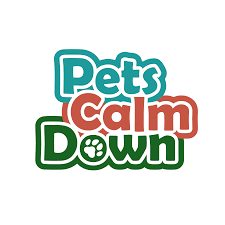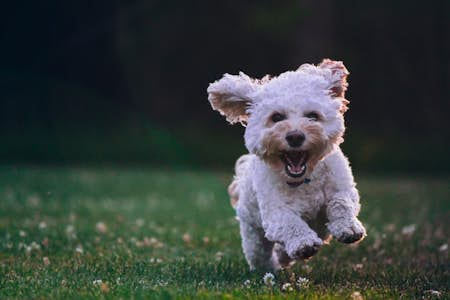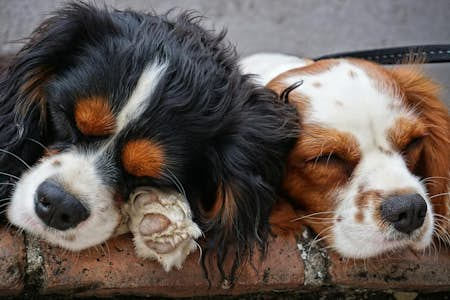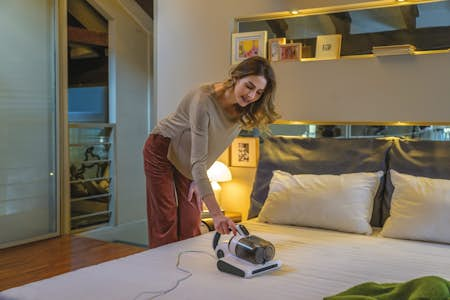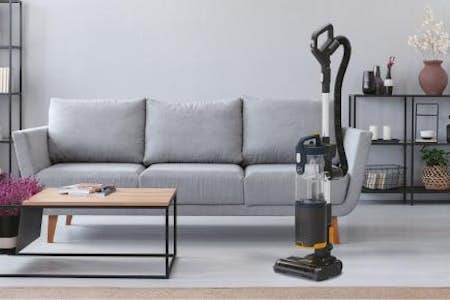Dogs are the most popular pet in the UK, and it’s easy to see why. With their adorable faces and friendly temperament, these lovely little balls of fluff can quickly become your best friends and part of the family.
If you’re thinking about getting a dog, you must think carefully about what breed might be right for you. Dogs have specific needs, and you must ensure you can meet those needs before you bring a dog into your home.
To help you choose the right dog breed for you, we’ve put together a list of some of the best dog breeds for seniors, plus a few tips and tricks so you can make your decision with all the information you need.
Whether you're looking for a tailored diet solution for your furry friend or are looking for better value from your pet food shopping, our providers have various options to help meet your needs. Click a brand below to discover more of what they offer!
What to consider when choosing a dog
There are a few critical aspects to consider before you choose a dog.
Size
The first thing to consider is size. Small dogs are usually a good choice for older people because they don't need a lot of exercise in the same way that large dogs do. While they'll still need daily walks, they don't have to run around quite as much as larger dogs. In addition, smaller dogs can suit seniors or people with reduced mobility well.
In addition to needing less exercise, smaller dogs don’t need as much space in the home. If you live in a flat or a small bungalow, you might not have enough room for a larger dog.
Energy levels
A dog’s energy levels can also play a big part in how suitable they are for a person. For example, Border ollies and other herding dogs have higher energy levels and will therefore require more exercise. If you’re an active senior, this could be fine, but if you’re a self-confessed couch potato, it’s a good idea to choose a calmer breed of dog with low energy levels so that you can avoid long walks and hours of playtime each day.
It’s also worth bearing in mind that our own energy levels drop as we get older. Dog owners have to commit to daily exercise, which can become increasingly difficult with age. If you’re worried about your fitness or energy levels, consider adopting an older dog – their energy levels are more likely to match yours.
Your lifestyle
There are also several lifestyle factors you should consider before choosing a dog. For example, if you travel regularly or are out of the house a lot, you may want to choose a breed that you can easily take with you. It's not good to leave dogs unattended at home for long periods, so select a sociable breed that enjoys car rides or trips away.
Click here to learn more about how long you can leave a dog alone.
If you have young grandchildren, it's essential you choose a dog with a good temperament. Some dog breeds are better with children than others – do your research and make sure you aren't putting anyone at risk.
In addition to walks, you should consider any other requirements on your time that a dog may have. For example, if you choose a long-haired breed, you'll have to factor in time for the dog's grooming needs. Some dogs need daily brushing, and others need to go to a professional groomer every month or two for a trim.
Health factors
Finally, consider whether the dog you want is the right choice for your health. As many as 10% of Brits are actually allergic to their pets! If you've suffered from allergies in the past, but you desperately want a furry friend in your life, don't worry. There are actually hypoallergenic dog breeds that are perfect for dog-lovers with allergies.
Beverly Cuddy, Editor of Tailwise, told us: "As you get older you often have more time to share with your best friend so if you have had dogs before you may be able to have that dog you often dreamed of as you can put the hours in to train them. I think the main thing is to be realistic or even slightly pessimistic about your future self you have some backup plans that can make you feel calmer about taking on a dog as an older person.
"Good breeders will be much happier placing a pup with someone who has a solid backup plan in case of an unforeseen health issue for example. There are a number of charities that can give peace of mind should you very sadly outlive your pet and it’s well worth including them in your will even if you don’t need their help. The Cinnamon Trust for example is worth checking out. You can also offer to volunteer for them in your area which can help you network and find other dog and cat owners in similar situations and you can help each other out if ever you need some help walking the dog or getting to the vet.
"Beware of misleading stereotypes that may be inaccurate. A retired greyhound for example may have shown huge energy in the short time they were employed on the track, but they will love curling up, keeping warm and sharing your sofa.
"Provenance is hugely important. A breeder who loves mum and gives her a great life will be a much better early learning environment than a huge commercial breeder who does no early training of their pups and gives no after-sales help and advice. Choose a breeder who cares as much as you do that your pup becomes the centre of your world."
The best dog breeds for seniors
Now that we’ve taken a look at a few of the factors you’ll need to account for when choosing the right dog breed, we can get to the good stuff – the dogs themselves! So, in no particular order, here are 16 dog breeds that can suit older people down to a tee.
1. Cavalier King Charles Spaniel
The Cavalier King Charles Spaniel is a small dog, usually not much more than 30cm tall and 8kg in weight. These cute little lap dogs are affectionate and gentle, so they’re great if you have grandchildren visiting regularly.
This breed is widely loved for its facial features – it has trademark puppy-dog eyes that will melt the heart of even the staunchest cat people.
2. Poodle
All types of poodles, including standard poodles, miniature poodles and toy poodles, can be good dogs for older people.
They're a highly intelligent breed, meaning it's easy to train them, and they have the added bonus of being hypoallergenic. They're affectionate and friendly and generally great with children, so you can invite your grandkids over without worrying.
Poodles are very active dogs, though, and they require a lot of exercise, playtime and stimulation. If you’re an active senior with a lot of energy, a poodle could be a perfect pooch for you.
3. Greyhound
Greyhounds are another excellent choice of breed for active seniors. We all know that greyhounds are often used in dog racing, so it should be no surprise that they require a lot of exercise. They have a gentle temperament, and while they're not exactly small (they can grow to about 75cm tall), they’re slight and not as heavy as other large dogs.
If you love this breed but are worried about the amount of exercise they'll need, consider adopting an older greyhound. You can usually find retired racing hounds in need of a happy home.
4. Maltese
Maltese are an easily recognisable breed – you’ll have seen their signature floor-length white coats on TV shows like Crufts. This long coat means they require a lot of grooming – daily brushing is a must – but they’re lovely dogs that make wonderful companions.
They’re small enough to suit people who live in smaller properties like flats or bungalows, and they don’t require too much exercise; just one short walk per day should be plenty.
5. Shih Tzu
The shih tzu is another toy dog breed with a lot of hair. They’re cute, cuddly and nearly small enough to fit in the palm of your hand! A shih tzu doesn’t grow taller than 28cm and weighs less than 7kg. It’s perfect for anyone in a smaller home.
They’re great with kids, great with other dogs and great for anyone with mobility issues – they were specifically bred to be a house companion, so they don’t need much exercise at all.
6. Bichon Frise
Another small dog that’s great with youngsters is the bichon frise. This breed makes an ideal watchdog but is also playful and full of charm. They’re also hypoallergenic, and they don’t tend to shed – but they do require regular grooming and daily brushing.
The bichon frise is a very social breed of dog, and they don’t like to be left alone for long periods. If you’re out of the house a lot, you’ll want to take your dog with you – if that’s not possible, it might be better to choose another breed.
7. Golden Retriever
Practically everyone loves golden retrievers. These wonderfully affectionate dogs are perfect for anyone who likes to snuggle and cuddle, and they’ve got very playful personalities that make them easy to adore.
Retrievers tend to shed throughout the year, which can be a consideration, and with an average height of around 55–60cm, they’re not exactly lap dogs. They’re a sporting breed, so they also require plenty of exercise, but if you’re an active or outdoorsy sort, they’ll be a perfect addition to your family.
8. Miniature Schnauzer
If you’ve never had a dog before and are worried about training them, a miniature schnauzer could be a good option. This clever breed is usually easy to train, and they get on very well with other animals and young children.
The miniature schnauzer, much like the larger standard schnauzer, has a face that looks almost human thanks to its bushy eyebrows and beard. It’s a cute and friendly breed that can quickly adapt to different lifestyles.
9. Pembroke Welsh Corgi
We all know the Corgi as the favourite breed of Queen Elizabeth II – but you don’t have to be a royal to enjoy their company.
Measuring in at 25–30cm in height and usually weighing no more than 13 or 14kg, these little herders are small enough to suit anyone with limited space, but they have a big personality. They’re very affectionate and intelligent, so they’re easy to train. They do have fairly high energy levels, so they require moderate exercise every day – they also love a mental challenge, so agility training or herding activities are a good idea.
10. Pomeranian
Of all the toy breeds, the pomeranian probably looks most like a toy. These tiny little dogs tend to be no taller than 16cm or so, and they can weigh as little as 1.5kg. They’re affectionate, meaning they’re wonderful companions, and they don’t tend to shed, so your house will remain hair-free without too much energy on your part.
Pomeranians are great lap dogs, and they love to cuddle. They also don’t require too much exercise, so they’re ideal for older people with limited mobility.
11. Beagle
Beagles are active dogs, originally bred for hunting, so they need a lot of exercise – at least an hour of moderate to high-energy activity every day. If you’ve got the time and energy to do this, you’ll be rewarded with a wonderful companion.
Beagles are intelligent, friendly, and cheerful, and they tend to be very easygoing – they adapt well to different situations and are excellent with young children. They love to play, so your grandchildren are sure to love them.
12. Chihuahua
The chihuahua is another tiny dog, but it has more than enough personality to make up for it. They’re very small, weighing no more than 3kg and usually no taller than 20cm or so – this means they don’t need too much exercise to keep fit and healthy.
They’re a very vocal breed (meaning they tend to bark a lot), and they aren’t the best choice if you have young grandchildren, as they’re too small for rough play. However, when you bond with a chihuahua, you’ll find you have a loyal and affectionate dog that you can’t help but adore.
13. Havanese
If you like the idea of a small dog but definitely want one that’s good with children, a havanese could be a better option.
Endowed with a luscious silky coat, this beautiful breed is simply gorgeous. They’re also incredibly cheerful and have a good sense of humour – they’re smart and love playing tricks. They like being occupied with things to do, so while they don’t need hours of exercise every day, you’ll want to play with them regularly.
14. West Highland White Terrier
You probably know the West Highland white terrier by another name – the Westie. Westies are happy little dogs, brilliant with children and always in the mood to chase and play. They like to keep active – they’re a hunting breed, so they love to run around.
Westies are smart and strong-willed, so training can be a bit of a challenge, but if you’re patient and dedicate enough time to it, you’ll be left with a well-behaved dog that loves you as much as you love them.
15. Cocker Spaniel
Cocker spaniels are excellent companion dogs. They’re gentle, happy and affectionate – good with children and other dogs, too. They’re also just adorable, with big eyes, long ears and a gorgeous fluffy coat. Because of that coat, they do require regular grooming, but it’s worth it to have such a cute furry friend.
Cocker spaniels love to play, especially with other dogs, and playing games of fetch can be a great way to ensure they’re getting plenty of exercise without requiring long walks.
16. Yorkshire Terrier
The Yorkshire terrier, or Yorkie, is another littl’un that makes a big impression. Yorkies are feisty dogs, and they can be stubborn and bossy, but they’re still pretty easy to train, thanks to their highly intelligent nature.
Yorkshire terriers are a sociable and affectionate breed, but they also make good watchdogs – they’re very vigilant and will let you know if they think something is amiss. However, they’re also open to strangers and very good with young children.
Breeds to avoid
In addition to very large dogs such as rottweilers and huskies, which need almost constant attention and exercise, there are a few small breeds that many people nowadays are choosing to avoid.
Dogs with squashed faces – things like pugs, French bulldogs (otherwise known as Frenchies) and Boston terriers – have been bred in such a way that they often have severe breathing difficulties.
Breeds like this, with short noses and a compacted skull, can suffer from a condition called Brachycephalic Airway Obstructive Syndrome (BAOS), which causes very serious respiration issues. These can range from loud breathing and frequent snoring to more serious problems like collapse and vomiting.
Vets are now campaigning for action to improve the well-being of short-snouted dogs with a Breed To Breathe campaign, which hopes to prevent dogs suffering from BAOS from being used for breeding.
Choosing the right dog breed for you
Dog ownership isn’t to be entered into lightly – especially if you’re a senior citizen. From frequent brushing and regular grooming to daily walks or trips to the dog park, even dogs of small size can be a big commitment, and it’s essential that you can meet their needs before you adopt or buy a dog.
Choosing the right dog breed is a key part of this process.
If you need more information about a specific dog breed, take a look at the Kennel Club website or the American Kennel Club (AKC) site. Platforms like the AKC provide a wealth of information about breeds and can help you make the right decision.

